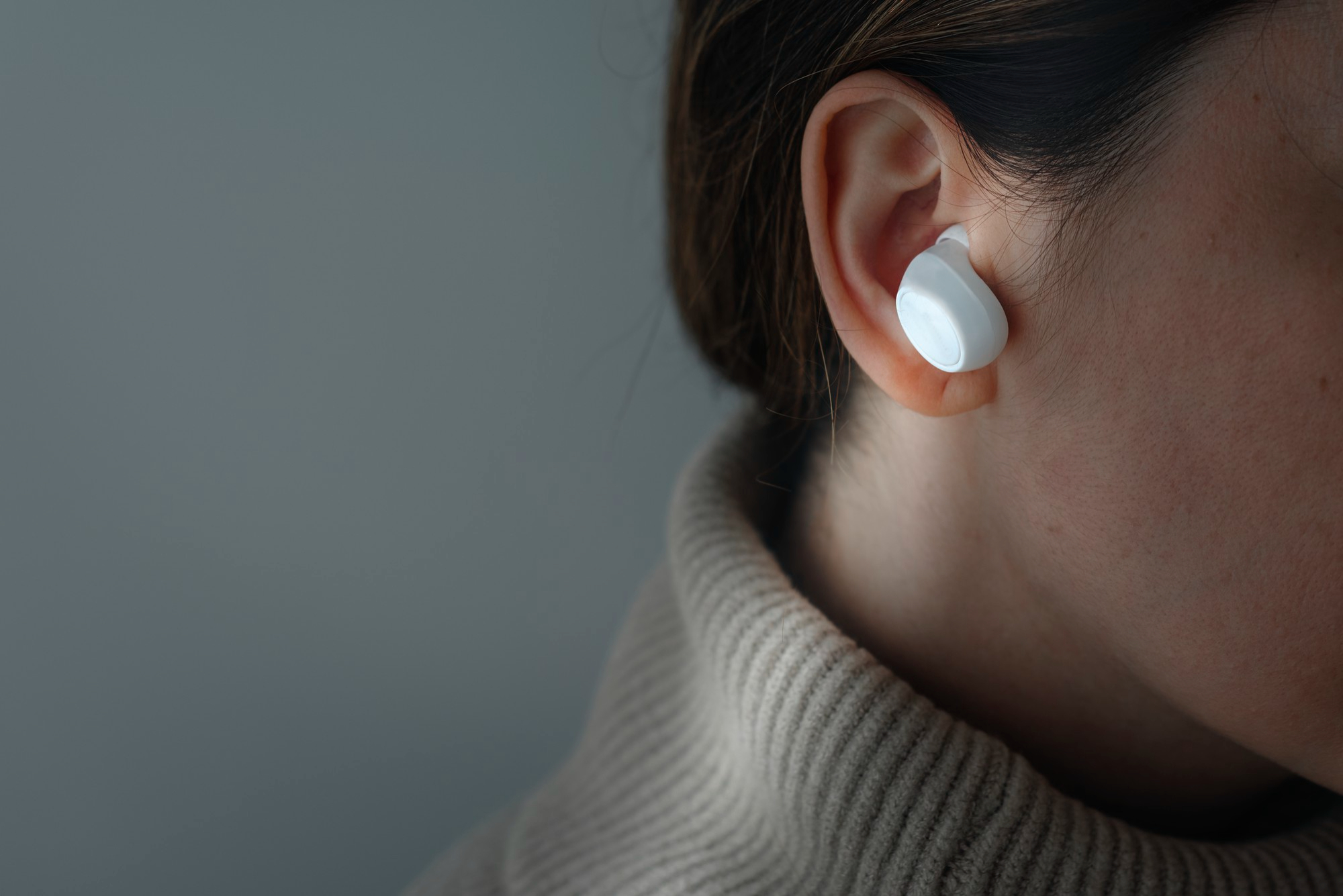By Janet F. Morton, Au.D.
Over-the-counter (OTC) hearing aids have been all over the news and I’ve been fielding questions from friends and patients. A great number of the questions have been from people who are concerned that OTC hearing aids are going to have a negative impact on audiologists and our practices. They genuinely want to have access to professional services and want that access for others as well. Are OTC’s a threat to audiology?
In this blog, I want to talk about why I’m not expecting a negative impact from sales of OTC hearing aids. I think that OTC devices will bring more people into the office.
To understand why, it’s important to know a bit about the business of audiology starting with who my patients are. Not all of them have hearing loss and, in fact, many of them have normal hearing. I work with people with balance problems; newborns who need hearing screening; patients who need to have earwax removed; patients with auditory processing disorder who have normal hearing; those who have tinnitus but have normal hearing; people who need specialty earmolds for music, sleeping and/or swimming; musicians who need in-ear-monitors; and people who are 55 or older who simply want a baseline hearing evaluation.
What about the patients who have hearing loss? Will they stop coming because of OTC hearing aids? I sure hope not! All adults who have difficulty hearing should get hearing evaluations every 2-3 years or sooner if there is a change in tinnitus, balance, or hearing acuity. So, regardless of the type of hearing device a patient has, if they have hearing loss or suspect hearing loss it should monitored routinely with an audiologist.
Not everyone is a good candidate for prescription hearing aids. Some people need implantable devices such as cochlear implants and bone anchored hearing aids. Other people have so little hearing loss that amplifiers (including PSAPs and over-the-counter devices) and assistive listening devices (accessories, telephone, alerting) are the best option. Personal sound amplifiers have been available for several years and I already have patients who use them. Want to see those devices? I have amplifiers in the office and am happy to demonstrate them to patients who I think would benefit from them.
The consequences of untreated hearing loss are so significant that it is more important to give people access to sound than it is to be perfect about it. In fact, it is exactly this argument that resulted in changes to legislation to permit the sale of OTC hearing aids. Approximately 15% of American adults (37.5 million) report difficulty hearing but only 16-42% have tried or use a device to supplement their hearing. But even more important is that a whopping 22-32 million people have trouble with their hearing and have never tried any kind of hearing aid or amplifier. The majority of people with hearing loss don’t treat it at all.
The good news is that over-the-counter hearing aids will encourage people with hearing loss to come see an audiologist. In my experience, there are five different groups of people:
- People who won’t voluntarily try OTCs. Maybe these people don’t perceive a problem with their hearing, don’t believe there is anything that can help them hear better or don’t want to go to the effort involved in changing their lives.
- People who will try OTCs but won’t be successful and won’t try anything else. Perhaps they conclude that if this attempt failed then all attempts will fail. This is the group of people represents my greatest concern because these people want help but assume it’s beyond their means/ability/capacity.
- People who will try OTCs and won’t necessarily be successful but are motivated to keep looking for a solution. They may try several things and hopefully try working with a licensed audiologist.
- People who will try OTCs but want something better and will keep looking for better options including working with a licensed audiologist.
- People who try OTCs and are very happy with them. Hurray!
Lastly, for those people who are satisfied with OTCs, that means our efforts give people access to sound have been successful. As an audiologist, I’m not always going to be in favor of devices that don’t achieve the potential that prescriptive devices provide. But, if OTCs stave off the worst effects of hearing loss in an underserved population, then we have made progress.
In the end, will OTC hearing aids have a negative impact on the practice? I don’t think so. I expect OTCs will give people greater access to hearing care and will eventually result in more business for audiologists rather than less.

